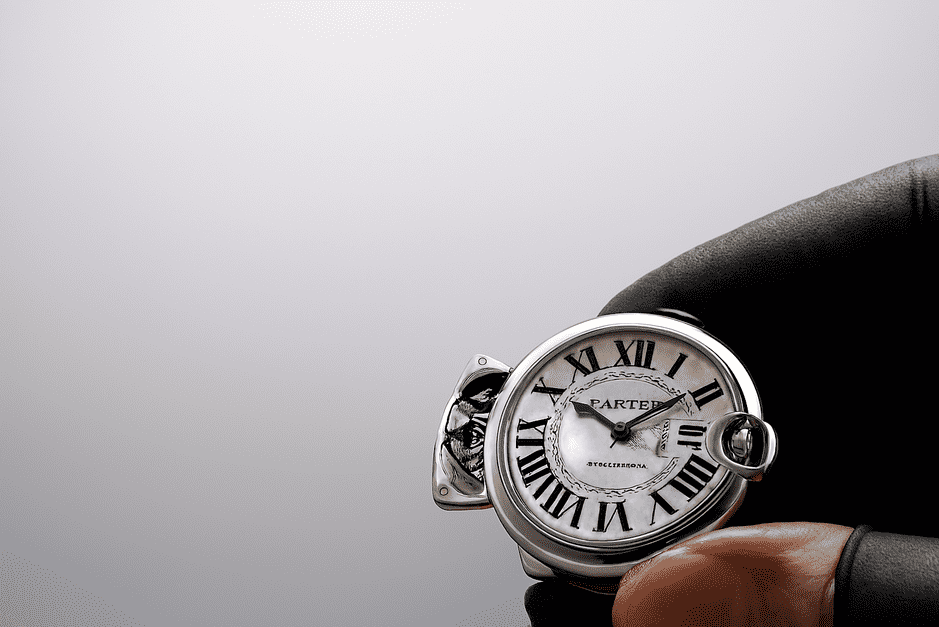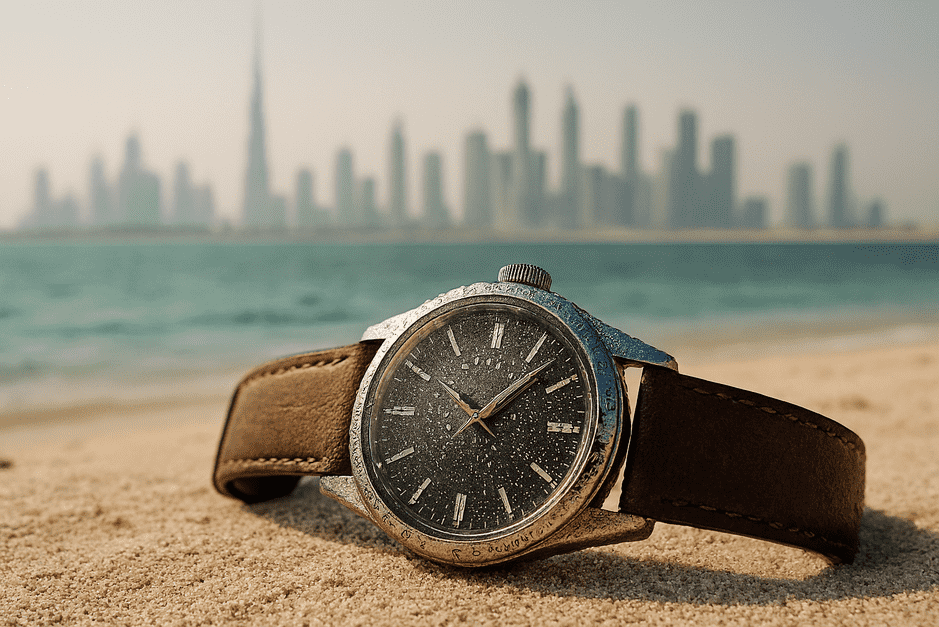Cartier Watchmaking Prize 2025: Talents of Tomorrow
Table of Contents
- Introduction: Cartier Watchmaking Prize 2025
- History of the Cartier Watchmaking Prize
- 2025 Theme: Desk Clock Innovation
- Participation Guidelines for the Cartier Watchmaking Prize
- Prizes and Career Opportunities
- Key Facts About the Award
- FAQs
Introduction: Cartier Watchmaking Prize 2025
The Cartier Watchmaking Prize 2025 celebrates young watchmakers reinterpreting desk clock movements. Winners gain recognition, mentorship, and career opportunities in luxury watchmaking.
Learn more about Cartier timepieces in the guide to Cartier watches and explore global watchmaking competitions. For international industry standards, see Fédération de l’Industrie Horlogère Suisse.
History of the Cartier Watchmaking Prize
Since 1995, the award has recognized over 150 talented watchmakers. Nearly 45% of past winners advance to leadership roles. For context, see Cartier’s history and previous award recipients. Explore The Watches of Switzerland Awards for other international comparisons.
2025 Theme: Desk Clock Innovation in Watchmaking
The 28th edition focuses on “Changing the Balance: Reading and Understanding Time Differently”. Participants reinterpret desk clock mechanisms, blending technical skill with innovative design.
For more inspiration, see modern horology innovations or read about Cartier’s watchmaking philosophy.
Participation Guidelines for the Cartier Watchmaking Prize
Eligible participants include:
- Watchmaking students from Switzerland, France, Germany, and Belgium
- Apprentices in recognized programs
- ES microtechnology technicians
Learn about luxury watchmaking schools or apprenticeships in horology. For international training standards, visit WOSTEP.
Prizes and Career Opportunities
Six winners will receive:
- A Cartier watch each
- Immersive experiences in France and Switzerland
- Internships for first-prize winners at Cartier’s Manufactures & Ateliers
Explore horology careers or international luxury watch internships for additional professional pathways.
Key Facts About the Award
- Founded: 1995
- Editions held: 28
- Participating countries: Switzerland, France, Germany, Belgium
- 45% of past winners advance to leadership roles
- 2025 theme: Desk clock reinterpretation
See the Cartier Watchmaking Prize archive for past editions.
FAQs
Q1: Who is eligible to participate?
A1: Students from Switzerland, France, Germany, and Belgium, including apprentices and ES microtechnology technicians.
Q2: What is the 2025 theme?
A2: “Changing the Balance: Reading and Understanding Time Differently”, focusing on desk clock mechanisms.
Q3: What do winners receive?
A3: Cartier watch, immersive experiences, and internships for first-prize winners.
Q4: How long has the award been active?
A4: Since 1995, spanning 28 editions and recognizing over 150 talents.
Q5: How does winning impact careers?
A5: 45% of past winners advance to leadership roles in watchmaking.
Small Luxury Hotels FAQ
Introduction
This small luxury hotels FAQ answers common questions about boutique stays. It explains definitions, differences with large chains, and which services to expect. In addition, it covers family options, sustainability, and tips on finding the right property.
What defines a small luxury hotel?
- Fewer than 100 rooms.
- Personalized attention and privacy.
- Strong links to local design.
- Locations in unique urban or rural areas.
As a result, travelers often choose them for a more intimate experience. Moreover, their distinctive style sets them apart from standardized hotels.
Why choose a small luxury hotel?
Personal service
Staff remember guest details, therefore creating a sense of familiarity.
Calm spaces
Unlike large hotels, these properties feel quieter, so you can relax more easily.
Local culture
For example, menus highlight regional produce, and interiors reflect local crafts.
In addition, many guests return because the experience feels authentic.
How do small luxury hotels differ from large chains?
Guest experience
Small hotels provide tailored attention, while chains rely on uniform systems.
Property identity
Each boutique hotel has its own theme. On the other hand, large chains repeat formats worldwide.
Dining approach
Menus change seasonally and locally. Therefore, guests enjoy fresh variety instead of standard global menus.
Are small luxury hotels only for leisure stays?
Business features
- Lounges double as meeting rooms.
- Private dining options support work dinners.
Digital needs
- Fast Wi-Fi supports remote work.
- Quiet spaces help concentration.
Because of these advantages, small luxury hotels appeal to both business and leisure travelers.
What services can you expect?
- Concierge services for tours and dining.
- Fine dining menus with seasonal ingredients.
- Spa and wellness treatments.
- Added extras like minibars and welcome gifts.
Moreover, services shift depending on location. For example, a city hotel might offer cultural tours, while a rural retreat offers farm experiences.
Are small luxury hotels family-friendly?
Options for families
- Connecting rooms for parents and children.
- Child-friendly amenities such as menus or games.
Adults-only stays
- Some properties focus on privacy.
- Guests find peaceful, child-free environments.
Therefore, always check booking policies, because each hotel sets its own approach.
Do these hotels support sustainability?
Sourcing and dining
Farm-to-table meals reduce transport impact. In addition, guests enjoy fresher produce.
Environmental focus
Plastic use is restricted, while refillable bottles are encouraged. Smart energy systems reduce wastage.
Local involvement
Hotels support the community by hiring regionally. As a result, growth extends beyond the property.
How do you find the right small luxury hotel?
Define needs
Decide if food, spa, culture, or privacy is your top priority.
Check guest feedback
For example, repeat reviews about service often signal consistency.
Compare value
Packages may include meals, transfers, or early check-in. Therefore, higher prices can still deliver stronger value.
Are small luxury hotels worth the price?
Value of service
Guests pay for attention, comfort, and privacy. Moreover, experiences feel tailored and unique.
Extras add value
Some hotels include exclusive experiences or benefits. Finally, weigh these extras against nightly rates.
As a result, many travelers feel these hotels justify their price when quality matters most.



